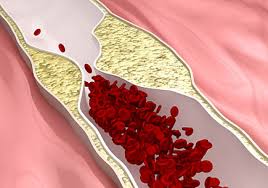Recovery sleep could compensate elevated risk of diabetes

Sleeping longer could reverse the effect of sleep restriction on glucose homeostasis. That is written by American researchers in Diabetes Care. According to the authors, to restore insulin sensitivity and lower the risk of diabetes type 2, it is sufficient to recover from four short nights by sleeping for ten hours twice. Continue reading















